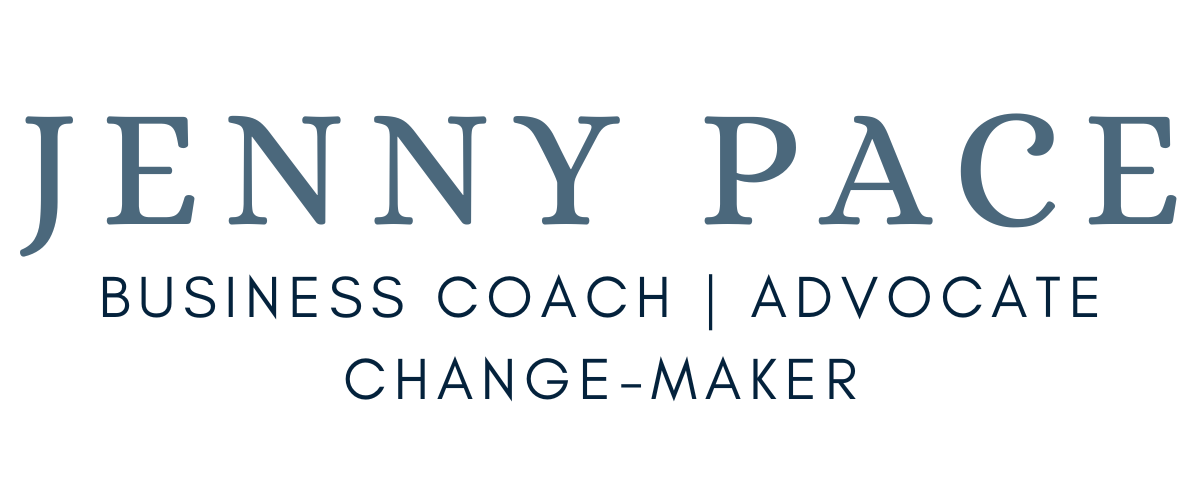It only takes a quick Google or Pinterest search to be completely inundated by different productivity approaches. And truthfully there are a thousand different ways you can think about your priorities.
I have a few suggestions that I’ve used with my Progress not Perfection group and my coaching clients to help them feel confident and, crucially, to make progress.
Take your to do list, and look at each category below. Mark each item with a £ (money), a ! (important), 🙂 (fun) and Q (quick), choosing no more than three things in each category.
1. Where’s the money coming from?
Take a look at your to do list and mark the items (£) that are going to bring in money directly. Things like listing a new product, invoicing the client, or sharing the discount voucher with your email list. It’s really important that we see the link between the actions we take and the money we make.
Some things might have a longer term payoff, and that’s great too. In fact, I have a whole other post coming up about long term vs short term. But for now, let me say that if you need short term income, you need to prioritise those actions first.
Sometimes this is about prioritising marketing activity. Sometimes it’s cancelling those subscriptions you don’t need, or asking for the refund on faulty goods. Sometimes it’s designing something that will sell later in the year (e.g. Christmas).
Whether you’re strapped for cash or feeling comfortable, this has to be a priority for those of us taking our businesses seriously.
2. What’s important?
Important means different things to different people, and that’s okay. This category is for any item that is important to the running of your business, whether it’s setting up your eco friendly packaging or completing your tax return. It might not be a direct revenue driver and it might not be fun, but it’s vital to YOUR business.
It could be important for you to work on new designs, or a re-brand, or a new website. Perhaps it’s about setting up a new, more efficient process for getting your orders out the door.
For me, writing a weekly blog post is important because it helps me to hone my voice, help my audience, and demonstrate my expertise.
3. What’s fun?
The more joy you experience, the more success you have, and vice versa. That’s my experience, anyway! Especially as creatives, it’s important that we feed our enjoyment of our businesses. We didn’t start them so that we could do loads of boring stressful stuff.
So highlight anything on your list that’s truly a pleasure for you to work on!
If there’s nothing fun on your list, add something. I promise you’ll start to feel better about your business when there’s something you can look forward to on there.
4. What are the quick wins?
Publish the product. Email the people. Put the thing in the mail. Reply to the commission request. Enquire about the space. Decline the invitation. Say yes to the opportunity.
Some things are quick, we just procrastinate them. What is a quick win on your to do list? If it will take less than half an hour for you to complete, add a big Q next to it.
And review your newly prioritised to do list!
Once you’ve marked up your to do list with these categories, you should have something with a bit more of a priority to it. It might not be what you thought it was, but hopefully a couple of things have started to stand out as priorities for you.
If something is going to generate revenue, and is important, that’s the place to start! If it’s fun and important, that sounds great, too. Basically, you start to weed out the things that aren’t bringing in money, aren’t important or fun, and take ages. Why do we need to prioritise those things?
This is just one model for prioritising your to do list. It’s one that certainly helps to get things in perspective.
What do you think? Does this method work for you? Or do you have your own prioritisation preferences?
If you need more help prioritising your business plans, you might like to work with me one-on-one, or sign up for my very affordable group programme, Progress not Perfection, which is only £20 per month.



